He invented the idea of jumping over the planks, which earned him a World Championship against Van der Poel
The 1989 Cyclocross World Championship will be remembered for the innovative way in which Danny De Bie won the rainbow jersey. The Belgian decided to jump the planks when the norm was to dismount and pass them on foot. This practice, pioneering then and widespread today, helped him to overcome Adrie Van der Poel or Henk Baars, among others.
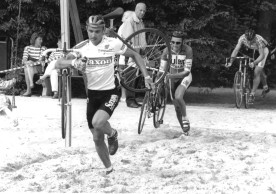
The bunny hop that won a World Championship: when Danny De Bie jumped the planks of Pontchateu
Cyclocross races connect with past times; the discipline of mud and cold seems to have stopped the wheel of evolution and its spirit remains intact to provide fans with a show with an old-fashioned flavor. However, looking back, you can see some changes as a result of professionalization and refined techniques that most riders handle today.
The planks are one of those artificial obstacles that organizers can arrange on the circuits. In this way, the planks pose an added challenge and require a great deal of concentration and technique. Today it is common for riders to pull from the repertoire and overcome them with a bunny hop - to the point that whoever dismounts is at a clear disadvantage with their rivals-.
RECOMENDADO
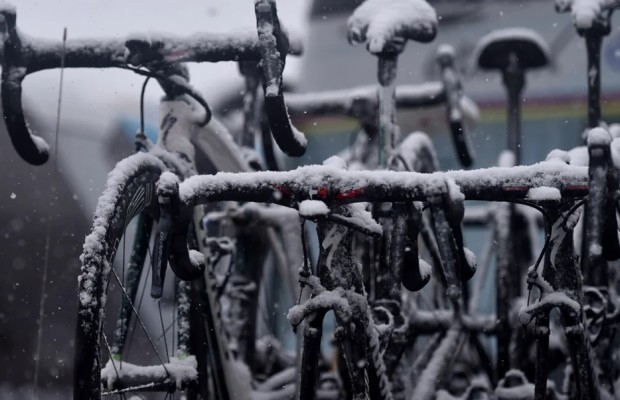
Can I go cycling with the flu or a cold?
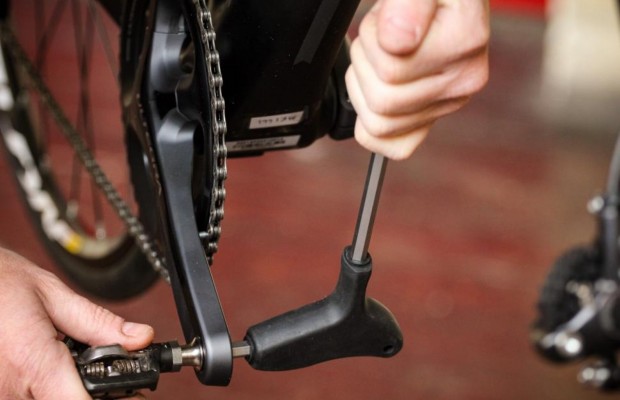
How to change the pedals of any bike in 5 steps
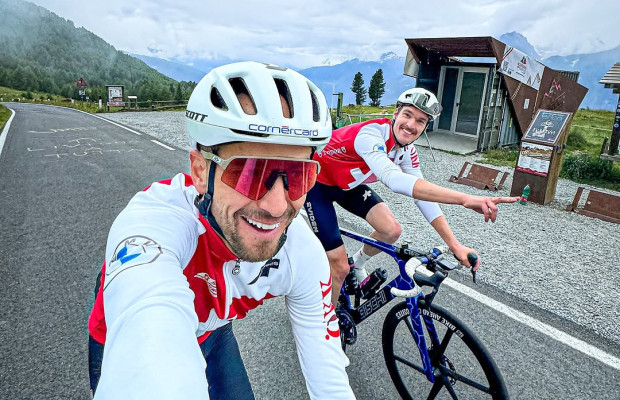
Is it possible to do base training when time is short?
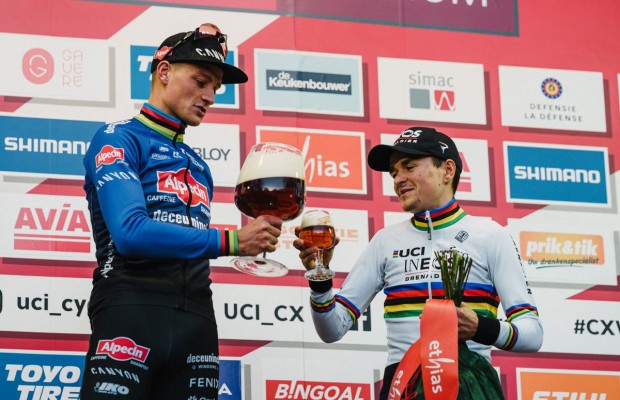
Alcoholic beverages with the fewest calories
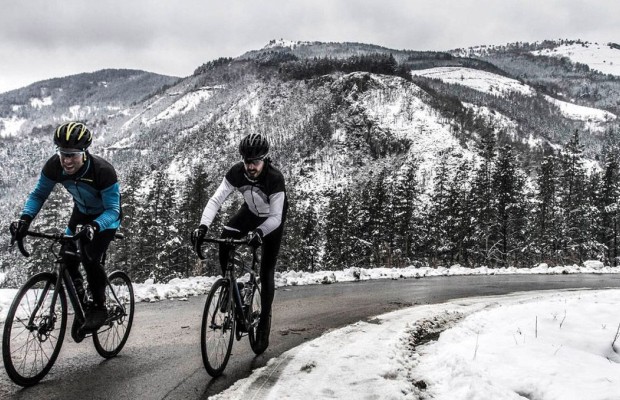
Cycling tips for the Christmas season

What would you do if you won the lottery? This cyclist bought himself a €20,000 bike
Despite being a common practice today, there was a time when riders assumed they had to get off the bike and overcome them on foot. A normality established among specialists and that Danny de Bie broke in the late 1980s.
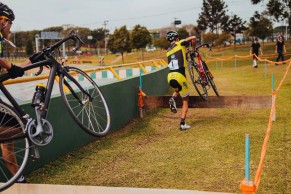
Danny De Bie went down in history as the cyclist who introduced jumps on the planks. The Belgian was a pioneer and over time the initial astonishment turned into an attempt to copy the technique, which allowed him to gain several seconds on the clock. In fact, De Bie himself owes -even if only a little- part of the victory in the 1989 World Championship to the bunny hops he performed on the planks.
The 1989 Cyclocross World Championship was held in the French town of Pontchateau -which also organized the 2004 World Championship or, more recently, the last European-.
De Bie's victory was almost a surprise. Although he had already achieved some dazzling results -current world runner-up and third in Belgium-, the record was reduced to little more than that, since by then he had only achieved one victory, in the Superprestige of Overjise. The focus of the Pontchateu World Championship, therefore, was on Adrie Van der Poel and Pascal Richard, the favorites to wear the rainbow.
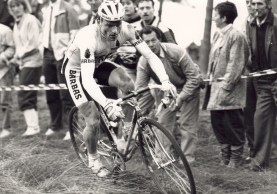
De Bie had tried to jump the planks in some races held in the weeks prior to the World Championship -including the victory in Overjise-, although it was at the world event when he fully revealed himself. Beyond this competitive advantage, the planks were placed in a perfect area for him: after a tight turn and at the top of a hill.
In statements to the medium Het Nieuwsblad, De Bie explained that "I immediately realized that the circuit was made for me. The weather was good, everything was dry, it was a fast course and, above all, there were planks. Those planks only had one big reason to be: to make the course difficult. All the riders were on foot".
"That's how it was then. If you saw planks, you jumped off the bike. Everyone ran", he added.
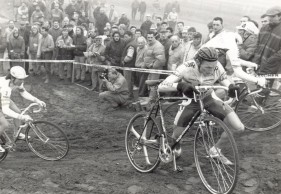
With a quick analysis, "I saw that I could jump over it with the bike. That was part of me from a very young age. I had always jumped over the canals, I had also destroyed many bikes, but I had learned a lot by playing".
The jump of the planks -which at that time were 45 centimeters, unlike the 40 centimeters of today- gave him a double advantage. On the one hand, the time gain he obtained by simply jumping. On the other hand, he achieved an inertia that allowed him to pedal a few more meters at a speed higher than his rivals.
In the following video -from the 1989 World Championship- you can see the innovative technique of Danny De Bie and the time he took from the rest every time they encountered the planks. Also, you can see that another rider -with number 4- also jumps them.
Danny De Bie revolutionized cyclocross with bunny hops on the planks. The skill in jumps allowed him to defeat in that 1989 World Championship Adrie Van der Poel -runner-up-, Pascal Richard -abandonment- or Henk Baars -fifth-, among others, and set a precedent that over time became a standard practice among elite riders of the mud discipline.